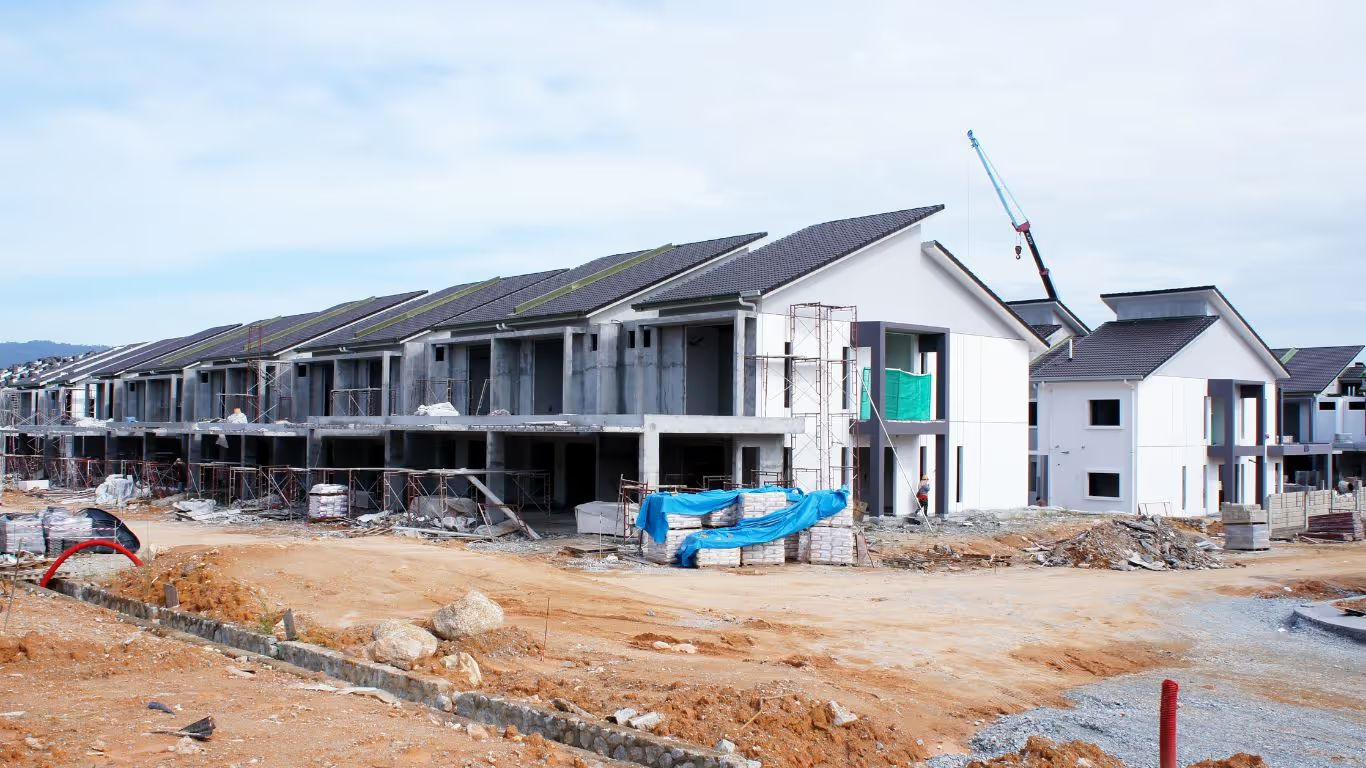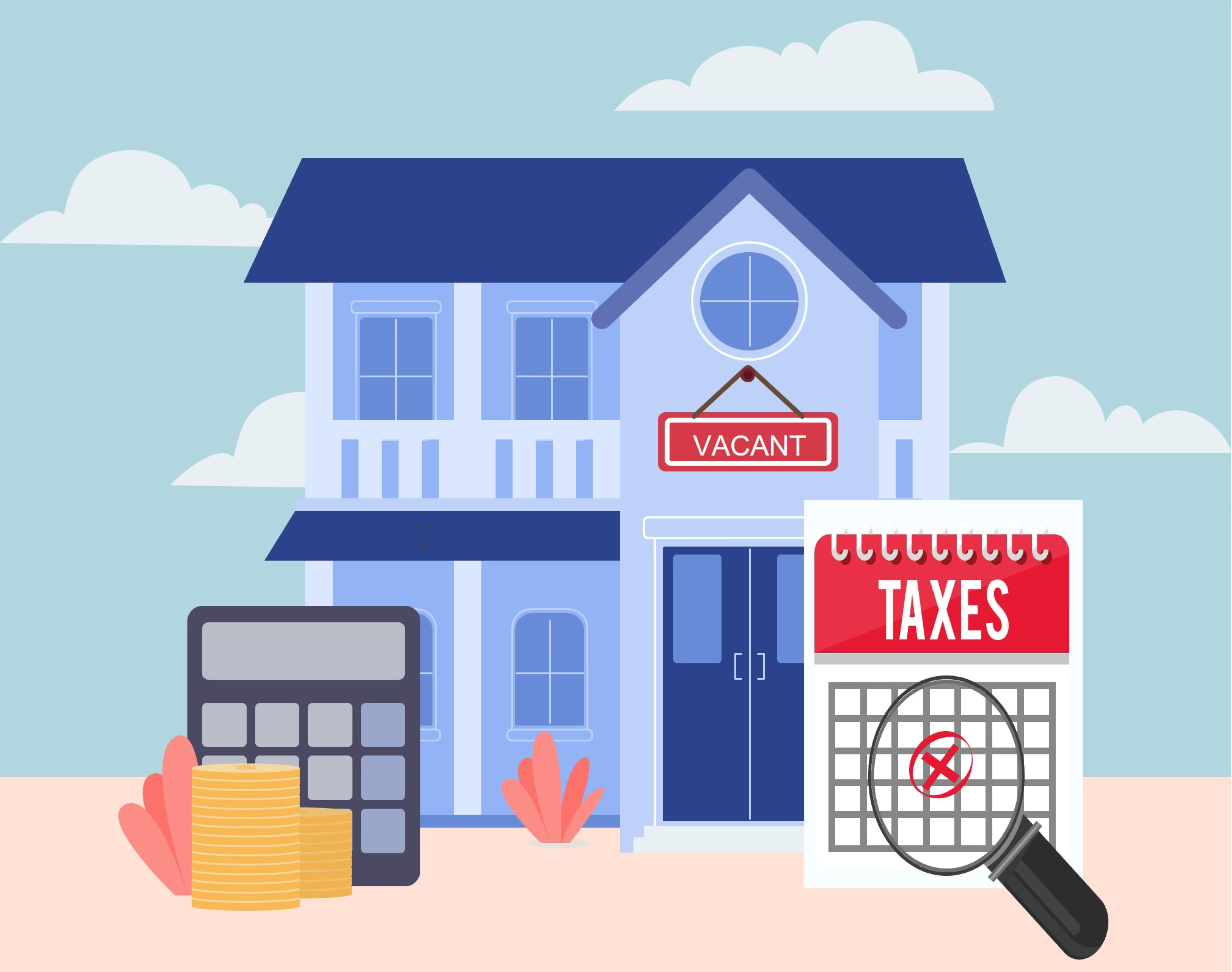
Is Housing Need a Human Right? Some Ethical Considerations
Introduction
Housing provision is considered one of contemporary society's most important socio-economic issues. The so-called “Housing Crisis” has generated tremendous debate among policymakers, think tanks, academics and the general public. Many of these debates, however, are framed along socio-economic lines, such as costs, affordability, financing and others. In this article, though, an attempt will be made to examine ways of looking at access to housing as an issue of ‘rights’. This rights-based approach attempts to consider both a conception of access to housing based on various ideas of human and property rights. From this, we hope to illustrate an argument regarding access to housing that engages with the problem through human ‘equality’.
Definition of Property Rights
Property rights are best understood as not merely an ownership of things but rather a set of rights allowing one to use those things. Macpherson held that the acquisition of property is “...to have a right in the sense of an enforceable claim”. The state or a group of people would reinforce this 'right' through the laws governing society instead of mere momentary possession of something. An example that illustrates this is a homeowner who has certain rights, or a special set of claims, to a particular house that others do not.
Are property rights a ‘social’ or a ‘natural’ right?
The discussion of property, however, has historically been a subject of considerable debate in relation to whether property ought to be considered a ‘natural’ or ‘social’ right. Within this discussion, thinkers such as David Hume (1711-1776) and Thomas Hobbes (1588-1679) were favourably disposed to the idea that there is no natural right of property ownership. On the other hand, John Locke (1632-1704) argued that property rights fall under the category of ‘natural’ rights afforded to us in the state of nature.
Hume and Hobbes held similar views towards property rights. They argued that the state created such rights. For them, the state was invented by society. The state then invents laws to govern society. It follows that the purpose of the law is to protect our right to survive. An important part of their right to survive is their right to own property. Hume extends this further by arguing that the ownership of property “can be done after no other manner, than by a convention entered into by all the members of the society to bestow stability on the possession of those external goods, and leave everyone in the peaceable enjoyment of what he may acquire by his fortune and industry.” In his conception, property rights should be protected by the state insofar as it benefits the community within which this property finds itself. But this, however, seems to depend on the social, political and historical context in determining whether such rights require protection by the state. In a sense, this view portrays the law as a malleable concept. It requires the law to be tailored toward society's varying realities throughout different periods. This means the value of the law is determined by measuring it against the degree of harm (or benefit) these rights produce towards the community, failing which the laws to protect these rights would be abolished. In other words, Hume insists that ownership over property and the rights which may or may not follow should primarily serve as a public good in its respective context. It is within the state’s interest to follow these adaptation principles as a tool to navigate society's complex and everchanging social and economic structures.
Locke, however, puts forward the case that property rights are a ‘natural’ right. A ‘natural’ origin of property exists, and the associated rights are taken as an intrinsic part of our nature. This understanding of property rights is closely aligned and primarily influenced by his religious convictions, namely Christianity. Locke’s conception maintains that all of God’s creation, including the physical environment that surrounds us, were given to us freely by Him and should, therefore, be understood as common property. Given this pretext, Locke suggests that we all share a set of equal and universal claims to the goods of nature.
Furthermore, Locke makes an important clarification in relation to property ownership. He argues, "The labour of his Body, and the Work of his Hands, we may say, are properly his. Whatsoever then he removes out of the state that nature hath provided, and left it in, he hath mixed his labour with, and joyned to it something that is his own, and thereby makes it his Property.” This suggests that involving one’s personal labour, which is uniquely one's own, in an object in nature thereby allows the individual the right to lay claim to that property.
However, in our view, Locke’s portrayal of natural rights to property ownership appears unhelpful when levelled against a modern social context. The role of religion is no longer viewed as authoritative as it was in the past. This is very different from Locke’s time when his religious beliefs were widely held amongst his contemporaries. Such assumptions can likely be reconciled, given the gravity and significance religion had played during this period of time. For instance, England during the 17th century was a time of friction as civil wars were fought based on religious conviction. These circumstances, however, do not reflect the society we have today, where the influence of religious dogma is declining. Throughout much of the West, the contemporary state views itself largely in secular terms. The diminishing role of religion in Western society is now broadly recognised, and this has been reported widely, especially across the Western media.
Housing: Definition, Purpose and Value
Housing remains an integral component of society. The right to housing is a basic necessity, and in the same way, access to shelter is universally understood as a basic human right. This section will highlight the purpose of housing and how its value is derived by attempting to demonstrate how it is, or it is not, reconcilable with principles of justice. Traditionally, housing was conceived as a “settlement”. Many of those belonging to earlier civilisations favoured the sense of rootedness a particular land possessed and its immutability over time. The house was simply viewed as a place for shelter, rehabilitation and, to a certain degree, establishing a social unit. The economic implications, though a historically important factor, did not exceed the emphasis on the relational aspect of housing. This can be partly explained by the fact that there was an abundance of untouched and undiscovered land that such economic considerations were not given the same gravity as they may have in contemporary society. It is rather interesting to see that how we conceive value depends mainly on the circumstances of a given society at that point in time. It seems as though all value judgements, even beyond the housing paradigm, are rooted and heavily influenced by the social conventions of broader society.
Bourdieu argues that we should avoid conforming to understanding housing as a “mere capital good”. The creation of the house is the creation of the “will of a permanent group”. This means that, regardless of the biological connection between members of a household, or the lack thereof, a family entity is drawn into existence due to the social relations between one another that were fostered through a shared living space. Furthermore, the house is representative of a myriad of things, including sentiment, effort and memories. In this way, we can understand that the house is not purely the building which they find themselves in for shelter but, in some sense, the house inadvertently serves as a social environment where its meaning is discovered in its profound ability to establish unity within members of a household.
Moreover, the value of housing, Bourdieu held, is derived particularly from two considerations - the economic and social value. The former describes the property’s permanence over time, meaning, all things considered, the property retains the longevity of its structural integrity over the course of a considerable time. In other words, housing is a mechanism to preserve the heritage and, beyond that, pass down more than just assets and generational wealth, corresponding to the notion of economic value, which refers to the term ‘price value’, commonly used in the realm of economic thinking. These determinants include the market forces of demand and supply, locational value, quality of the product and so on. Therefore, embedded within the umbrella term of economic value are various practical and economic concerns that form the basis for determining value in this regard.
While the social value of housing is often defined narrowly by economic considerations (for example, its market price), its contribution to how that value is broadly understood should not be overlooked. The social value is the idea that the house is, as described by Bourdieu, a ‘social reproduction project’. This idea rests on the view that housing serves other purposes, such as demonstrating a degree of affluence and is therefore symbolic of one’s status (sometimes known as a positional good). In this case, the social hierarchy and our standing within it regulate our thinking patterns and shape the general attitude towards housing and the acquisition of its different forms. Ironically, however, this could have an adverse effect. It follows that beyond a certain point, how we conceive the value of housing becomes problematic as the house is transformed into an object that serves different purposes, such as indicating social mobility, economic status, and so on. This illustrates the multiple purposes a house could possess beyond its original purpose to provide shelter and a home.
The combination of these considerations in understanding value is what Bourdieu calls the social structures of society. He makes the overarching argument that value is essentially a socially constructed phenomenon. These social constructions, created by and for the people, dictate and shape the norms and values we have in society. Therefore, how we perceive the value of housing is contingent upon the social, political and historical context within which the property finds itself. The value of housing is purely a reflection of the general consensus at that point in time in that particular society of what a house is.
Final Discussion: How should we view the provision of housing?
Bourdieu’s conception of housing appears complementary to the view proposed by Hume on property ownership. Both thinkers appear sympathetic to the notion and significance of the social and historical context, which, for them, appears before other forms of consideration. The social, political and historical environment determines how we ought to conceive housing and protect our rights to it. The philosophical framework proposed by both Bourdieu and Hume suggests tailoring towards the general consensus over and above the moral grounds within which it may stand. In this sense, the moral and ethical implications become a secondary concern.
According to the United Nations’ Universal Declaration of Human Rights, housing is an inalienable human right. Whilst the views of housing in this way are widely accepted, it may be challenging to reconcile with Hume and Bourdieu’s more contextualised views. The position of the Universal Declaration is fixed and assumed to be a given. On the other hand, the views of Hume and Bourdieu are more dynamic as they are predicated on how values in human society are constantly contested and subject to change. If, for instance, the social constructions within a certain society deem it appropriate to increase housing prices due to, perhaps, scarcity of natural resources, and this corresponds to the general consensus, how can this be reconciled in justifying access to housing for the poor? It would be difficult to reconcile this with both Hume and Bourdieu’s notion of the right to housing. With this in mind, employing this view of social rights theory may not be sympathetic towards providing housing for the poor.
On the other hand, what does it mean to say that human beings have a moral worth? The question is perhaps less important about trying to ground rights merely as reflective of society’s normative values at a given time but to consider what Jeremy Waldron (2017) suggests as a way human beings ought to view one another. We have to ask the question, in what way are we one another’s equals?
In this respect, Waldron posits the two principles that he thinks are important in any society. The two principles are the Principle of Human Equality and Human Dignity. Both principles are predicated on the notion “...that we humans, despite all our differences, are to be regarded as one another’s equals”. This means that, despite our organic differences (our varied physical qualities and appearances), is the intrinsic right we share to basic equality. Within our human nature is a right to be treated with a degree of respect and to be held in equal regard to other members of society. Our conception at the most preliminary level of society should be that “society ought to look out for and respect certain basic rights in the case of every human being”. It follows that one form of respecting an equal (among other things) is respecting and seeing the individual as an agent and a responsible chooser, and this notion must be taken as a given.
Every society is formed and shaped by its own set of societal norms and values. Despite these differences, there are values that most societies share in common. For instance, the desire to be healed from a debilitating disease or pain or to avoid being killed. Can we view the right to shelter as something that shares those basic qualities? Within the schemes proposed earlier by Hume and Bourdieu, it may be the case that the housing rights are relative to what norms and values may be most prevalent and influential in a given social context at a given point in time, which means there might be instances where the housing rights would not be protected because it does not correspond to said norms and values.
However, Waldron emphasises the importance of fair and just treatment to all autonomous and equal beings. He introduces the ideas of Margaret MacDonald and Hannah Arendt, who argue that “Look, we can just decide to treat a class of being as equal. We just decide to hold one another equal”. This rests on the view that within society we have a basic set of notions of wrong and right, moral and immoral, good and bad, which have been well established. For him, this does not generally require further justification. This is not to say, however, that these values should not be subject to deep, critical scrutiny, but rather, we collectively have a set of well-established shared values that have survived over time.
In order to serve this idea of justice, there must be certain qualities or values which we must collectively uphold. That is what each and every human being ought to have. Taking these principles of human equality and human dignity as a given in society makes clear that they must be seen equally as the ideal we aspire to be. In other words, assuming we subscribe to these principles in theory, they must form the basis for how we think about the norms and values in societies that we encourage to achieve those ends as defined by those principles. This can manifest through equal protection under a legal system or access to certain goods which allow them to fulfil their functions as a human being. Why this is significant is because shelter is considered a basic need in society. Assuming that this is the case, allows us to view shelter as a right to be protected and afforded to us under these premises regardless of our personal, social, political or religious affiliations and beliefs.
Conclusion
Housing is generally seen as an economic or political issue. However, Bourdieu’s conception is unique in that it gives us a more comprehensive and organic understanding of what a house and shelter could mean for society. His notion of property ownership as a socially constructed phenomenon forces us to think about shelter and housing in a more panoptic way, as housing is more than just an asset for purposes of wealth creation and, therefore, whose value is closely tied to defining our individual and collective place as members of society. Levelled against the provision of housing for all, however, reveals to us that this principle is not as ideal as it may appear. While there is virtue in grounding our understanding of housing by alluding to society’s contextual framework, as a result of society’s natural tendency to transform and change at different points in time, it is difficult to overlook the lack of attention given towards ethical and moral considerations. The problem with predicating how decisions are made primarily due to social norms suggests a type of determinism at work. This depicts the idea of autonomous individuals making rational decisions somewhat deficient. Under these conditions, the question of morality becomes moot.
Waldron’s approach, on the other hand, emphasises the need to maintain human equality and human dignity. According to Waldron, to achieve this, how we conceive of housing rights must be radically revised. Following his conception of equality and dignity, the provision of housing is seen as a set of rights essential for individuals to function in society. Depriving them of these would, therefore, contradict the basic notion of human equality and holding one another in equal regard. In our view, Waldron makes a compelling point that within society, there are rights and values which ought to be taken as a given and, therefore, protected, despite how those values may be contested in the public square. This is not to say that these values cannot change, but rather, whatever consensus in society that may coalesce upon a different set of values at another point in time is nevertheless cognisant of how these values have evolved. This ensures that, at the most basic level of society, we allow every individual the freedom and access towards a set of goods (and rights) that enable them to function and preserve these rights to human equality and dignity.














